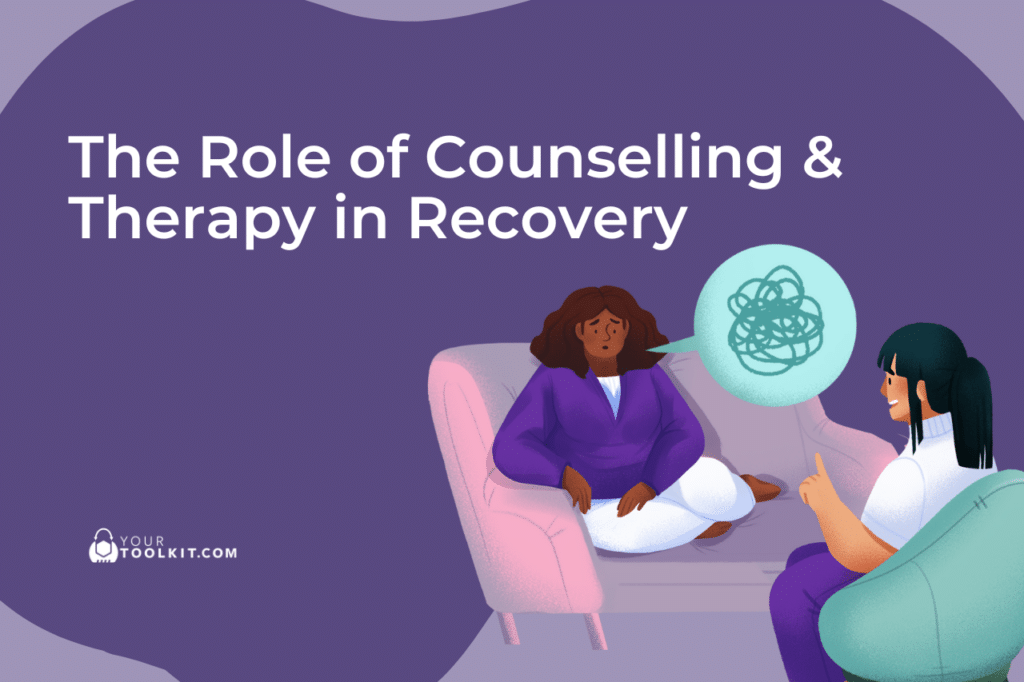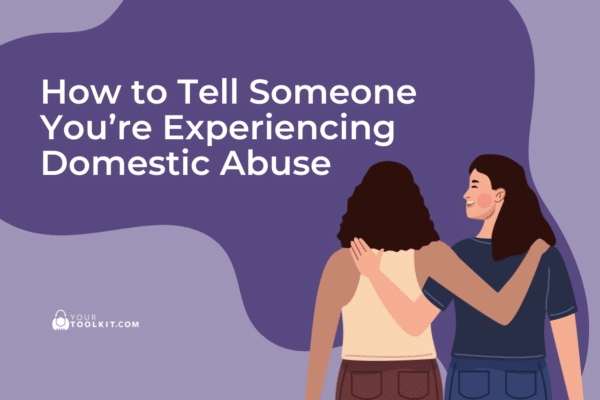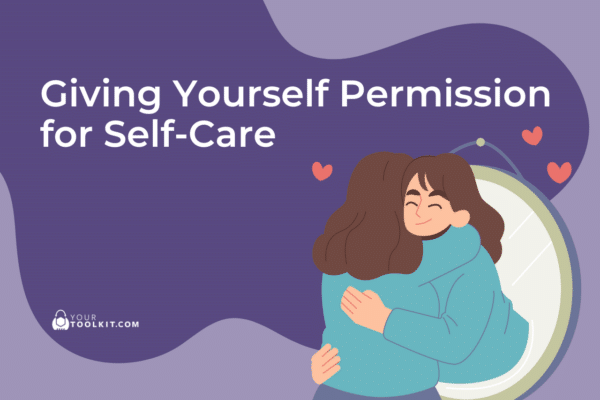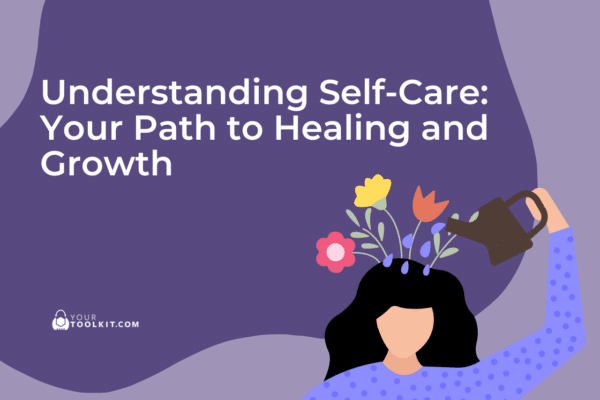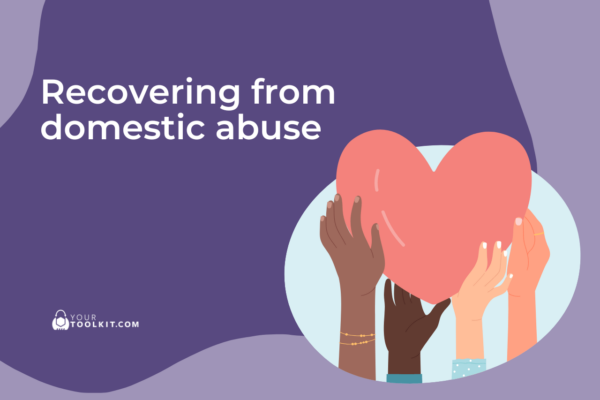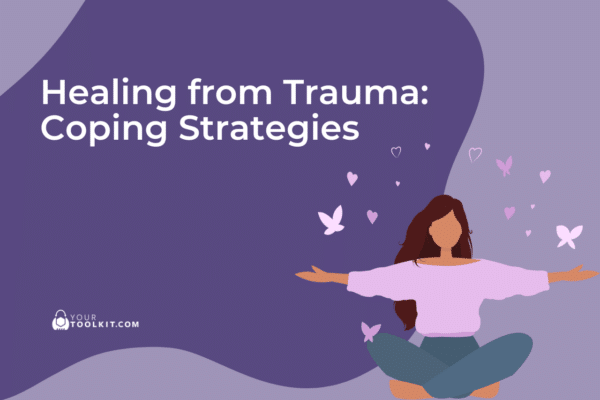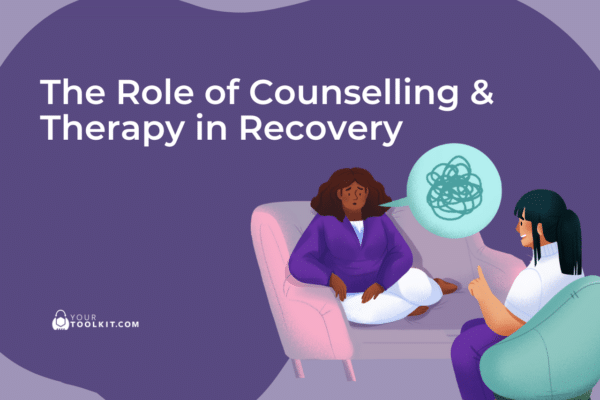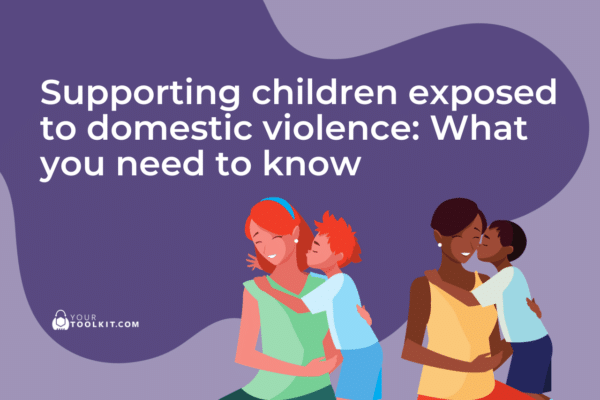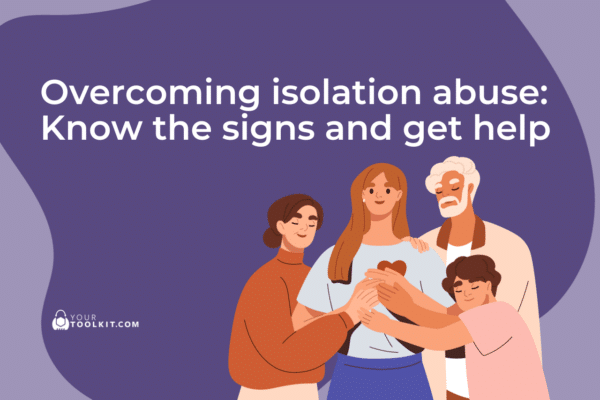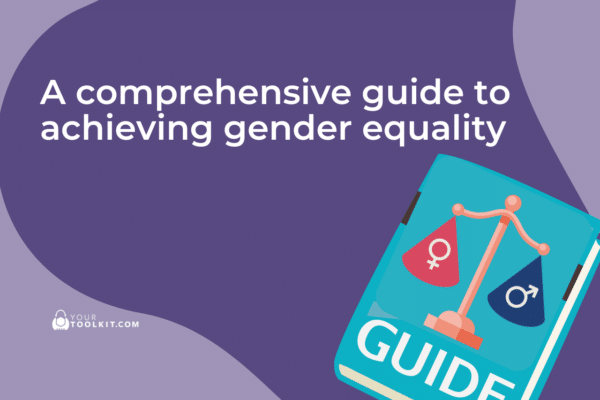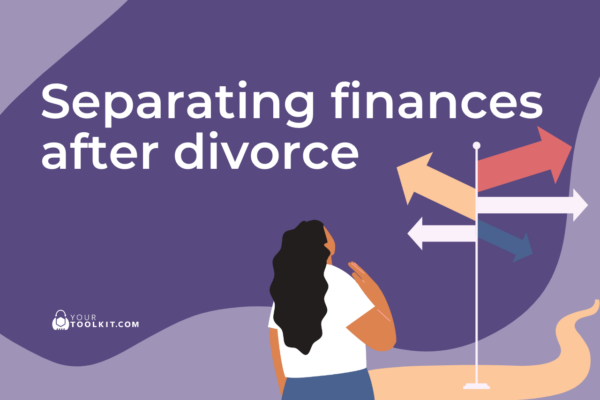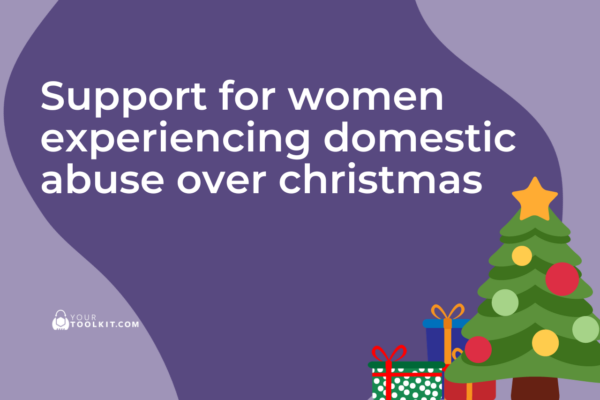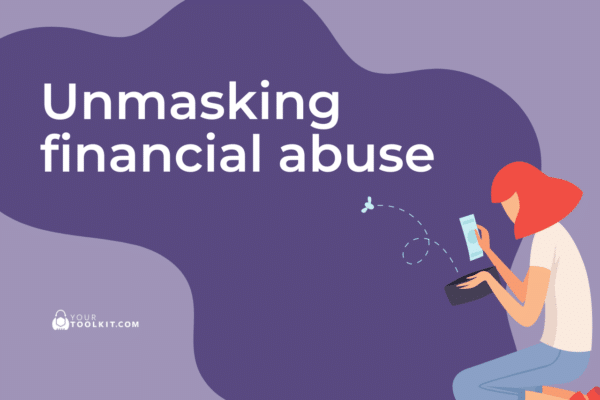Healing after domestic abuse is a journey you don’t have to face on your own. Counselling and therapy are powerful tools that can help you process your experiences, rebuild your confidence, and move toward a safer, brighter future. Healing takes time, but with the right support, you can reclaim your sense of self and begin to thrive again.
Understanding the Impact of Domestic Abuse
Domestic abuse doesn’t just affect one part of your life—it can leave emotional, physical, and mental wounds that take time to heal. You might experience a confusing mix of emotions, including fear, guilt, shame, sadness, and even anger. These feelings are completely normal, and they don’t define you.
The trauma can continue to affect your sense of safety, self-esteem, and well-being long after leaving the abusive situation.
The effects of abuse don’t just disappear once you leave. They can show up in different ways:
- Emotional Stress: Feelings of sadness, anger, or confusion are natural responses to an abusive relationship.
- Mental Health Concerns: Survivors may experience anxiety, depression, or post-traumatic stress disorder (PTSD), making everyday life feel harder.
- Loss of Self-Worth: Abusers often erode their partner’s confidence and self-belief, leaving survivors doubting their own abilities.
- Difficulty Trusting Others: Many survivors find it hard to form healthy relationships after abuse, as trust has been damaged.
It’s important to remember: These effects are not your fault. They are the result of the abuser’s behaviour, and with the right support, they can be worked through.
How Counselling and Therapy Can Help
Taking the step to talk to a counsellor or therapist can feel intimidating, but it can also be one of the most important parts of your healing journey.
Counselling and therapy offer a safe, non-judgmental space where survivors can process feelings, understand their experiences and begin to heal. These sessions are guided by trained professionals who can provide tailored support to meet the survivors’ needs.
Here’s how therapy and counselling can help:
- Validation and Support: Survivors are often made to feel the abuse was their fault. Therapy can help you challenge these beliefs, reminding you that no one deserves abuse and the responsibility lies solely with the perpetrator. Hearing this from a supportive professional can help you start to let go of guilt and shame.
- Emotional Processing: Therapy provides a space to process emotions. Opening up to a train professional helps lighten the emotional load and reduce feelings of isolation. Over time, this can help to reduce anxiety, depression, and other effects of trauma.
- Coping Strategies: Therapists teach practical coping strategies to manage the day-to-day impacts of trauma. Techniques such as mindfulness, grounding exercises, and stress management can be really beneficial for regaining a sense of choice and normalcy.
- Rebuilding Self-Esteem: Abusers often break down self-esteem – therapy can help survivors rebuild their confidence and self-worth to rediscover their strengths and abilities.
- Developing Healthy Relationships: Counselling can guide you to identify and avoid unhealthy patterns in future relationships. You’ll learn how to set boundaries, build trust, and create positive connections that respect your needs and values.
Healing isn’t about “getting over it”—it’s about learning how to live life on your own terms again.
Taking the Next Step
Choosing a therapist or counsellor is a personal decision, but it can be a life-changing step in your recovery journey. The most important thing is taking that first step—whatever that looks like for you.
If you’re considering therapy but aren’t sure where to start, here are some ways to access support:
- Domestic Violence Services: Many organisations offer free or low-cost counselling for victim-survivors of abuse. Search Yourtoolkit.com’s Service Directory to find contact details for Domestic violence services.
- GP Referral: General practitioners can refer you to a local mental health service for up to 10 free sessions a year, with an extension if requested. Book an appointment with your GP through your local clinic to be referred.
- Select a Therapist: You may also select an experienced therapist yourself. Search Google to find available professionals, take note of their reviews and prices before making a decision.
- Explore Group Therapy: Connecting with others who’ve experienced similar situations can provide valuable support and understanding. Search Google or Community pages to see what’s available in your area.
Your Path to Healing
Recovery isn’t a straight road, and there will be good days and tough days. But every small step you take—whether it’s reaching out for support, practicing a new coping strategy, or attending your first counselling session—is a step forward.
Remember, you are not defined by what has happened to you. You are resilient, capable, and deserving of a life free from fear and full of hope. With the right tools and support, you can reclaim your sense of self and rebuild a brighter future.
Whenever you’re ready, Yourtoolkit.com is here to support you. Explore Yourtoolkit.com for practical advice, resources, and support as you take the next steps toward healing.
